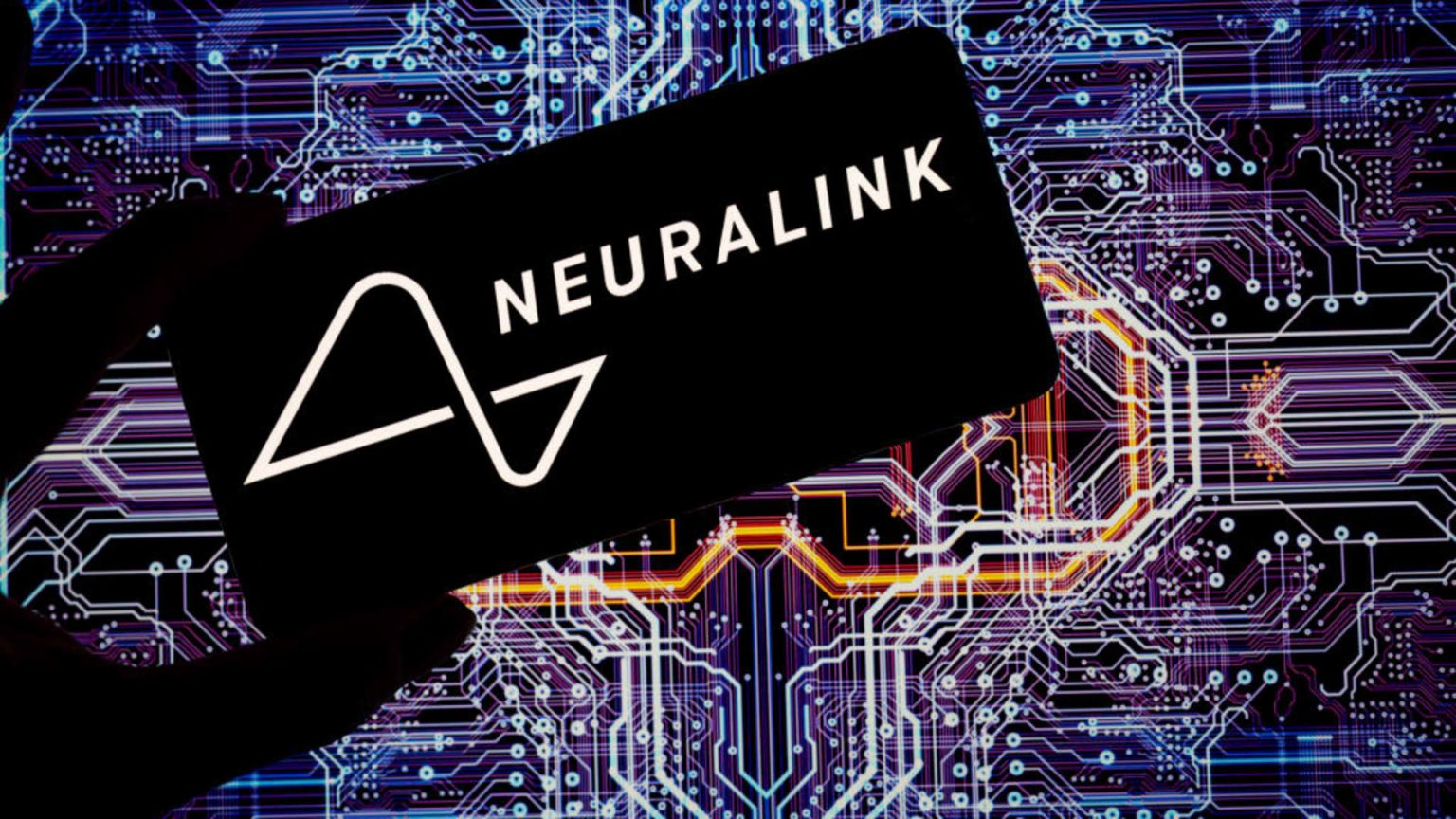Elon Musk’s startup Neuralink recently experienced a setback after part of its brain implant malfunctioned in a human patient for the first time. Neuralink has created a brain-computer interface (BCI) known as the Link that aims to help patients with paralysis control external technology using their mind. The system features 1,024 electrodes across 64 threads thinner than a human hair to record neural signals. In January, the device was implanted in a 29-year-old patient named Noland Arbaugh as part of a safety study. Despite initial success, several threads retracted from Arbaugh’s brain after the surgery, leading to a reduction in effective electrodes and impacting the Link’s speed and accuracy.
It is unclear how many threads retracted from Arbaugh’s brain tissue, but Neuralink stated that the issue has not presented a direct risk to Arbaugh’s safety. As a response to this problem, the company has modified the recording algorithm, improved the user interface, and enhanced techniques for translating signals into cursor movements. While Neuralink did consider removing the implant, they are currently working on solutions to address the retraction issue. Despite the setback, Arbaugh has been using the BCI system for several hours each day and has found it to be beneficial, helping him to “reconnect with the world.”
Neuralink’s BCI system faces competition from other companies also working on similar technology, and the concept of brain-computer interfaces has been studied in academic settings for many years. However, Neuralink must undergo rigorous safety and efficacy testing before it can seek approval from the U.S. Food and Drug Administration to commercialize the technology. This setback underscores the challenges involved in developing and implementing BCI systems, highlighting the need for extensive testing and research to ensure the safety and effectiveness of such advanced medical technology.
Despite the setback in the implantation process, Neuralink remains committed to advancing BCI technology and helping patients with paralysis regain control over external devices using their minds. The company’s innovative approach to brain-computer interfaces holds great potential for improving the quality of life for individuals with neurological disorders. By addressing the issues that led to the malfunction in Arbaugh’s case, Neuralink aims to refine and enhance its BCI system to provide more consistent and reliable performance for future patients. While setbacks are a natural part of the development process, Neuralink’s willingness to address challenges head-on demonstrates their commitment to advancing cutting-edge medical technology.
Moving forward, Neuralink will continue to work on improving its BCI system, conducting further research and testing to ensure its safety and efficacy. By learning from the setback experienced with Arbaugh’s implant, the company can develop better protocols for future surgeries and enhance the reliability of their technology. The road to commercializing brain-computer interfaces is a long and complex one, but Neuralink’s dedication to pushing the boundaries of what is possible in medical technology suggests that they will continue to make strides in this field. With ongoing advancements in neuroscience and neurotechnology, the future of brain-computer interfaces holds great promise for revolutionizing the way we interact with technology and enhancing the lives of individuals with neurological conditions.


